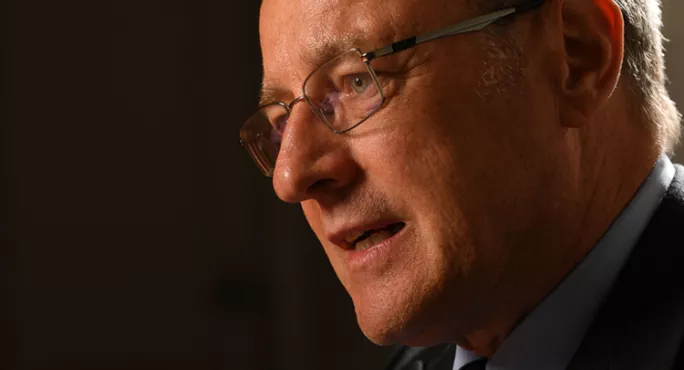Colleges are “ideally placed” to work together with mental health services to support young people with mental health problems, Association of Colleges president Ian Ashman has said.
He was responding to prime minister Theresa May’s comments today about mental health in young people, in which she announced the piloting of new schemes to “ensure schools and colleges work closer together with local NHS services” to provide support for young people with mental health problems.
“The inclusion of colleges in the pilot schemes for single points of contact and peer support for emotional wellbeing is timely,” Mr Ashman said. “However, we would ask that the prime minister and the secretaries of state for health and education to include further education colleges in all their transformation plans, adding the college workforce to the programme of mental health first aid training for secondary school staff.”
“Colleges are ideally placed to work with mental health services to support young people and adults as they work with students from the age of 16 upwards,” he added. “Nearly three quarters of a million 16 to 18-year-olds study in a further education or sixth form college. It would be short-sighted of the government to overlook so many young people by not including colleges in all aspects of their plans.”
“Mental health services are stretched and cannot tackle this issue alone, but if they combine their energies with colleges, this will create an extremely powerful alliance to tackle mental ill-health.”
‘Mental illness can blight lives’
Speaking today in London, Ms May said: “We know that mental illness too often starts in childhood and that when left untreated, it can blight lives, and become entrenched.
“There is, for example, evidence to suggest an increase in self-harm among young people, with the number of 16-24 year old women reporting self-harm increasing threefold - to one in five - between 2000 and 2014,” she added.
Last year, Mr Ashman told TES that his time as president of the Association of Colleges would be “the year of mental health” for FE.
Want to keep up with the latest education news and opinion? Follow TES FE News on Twitter, like us on Facebook and follow us on LinkedIn




